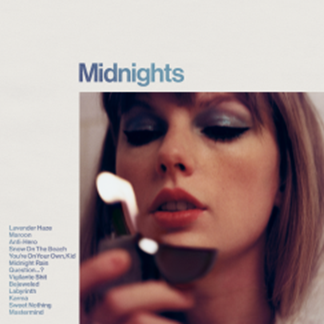|
Thursday, September 23, 2010 9:32am ET by Pressparty
R.E.M. join artistic campaignR.E.M. have joined Moby, Jackson Browne and a host of other musicians and writers in a campaign to halt a corporate takeover of the Internet by big telecommunications firms like Verizon and Google. The campaign is part of the MoveOn.org Political Action and Future of Music Coalition (FMC). The group are urging America's Federal Communications Commission officials to "act immediately to secure Net neutrality and a free and open Internet and protect the future of music." In a letter to the FCC boss Julius Genachowski, it's expressed that a potential takeover could have detrimental results for the artistic and creative atmosphere that the Internet has always provided. The letter reads: "That's why we support efforts to preserve Net Neutrality for the benefit of innovation and free expression - and urge the FCC to act immediately to ensure that the Internet is kept free and open. The Internet has facilitated an explosion of creativity and commerce, offering unprecedented opportunities to musicians and music entrepreneurs." It continues: "Due to the open structures of the Internet, musicians and other creators and innovators can compete on an equal technological playing field with the biggest companies. The result is a blossoming and legitimate marketplace that compensates creators while rewarding fans with access to an incredible array of music. None of this could have happened without Net Neutrality. As artists, we are encouraged that the Commission recognises the importance of net neutrality. We encourage you to apply its core principles to any and all broadband points of access, including the wireless space. We also encourage you to consider the perspectives of musicians, who depend on an open Internet to compete in a crucial marketplace and express ourselves creatively." The FCC chiefs will meet this week to discuss the future of the web, with the musicians contending, "The future of the Internet depends on decisions made today, as does the future of music."
All Site News
|







